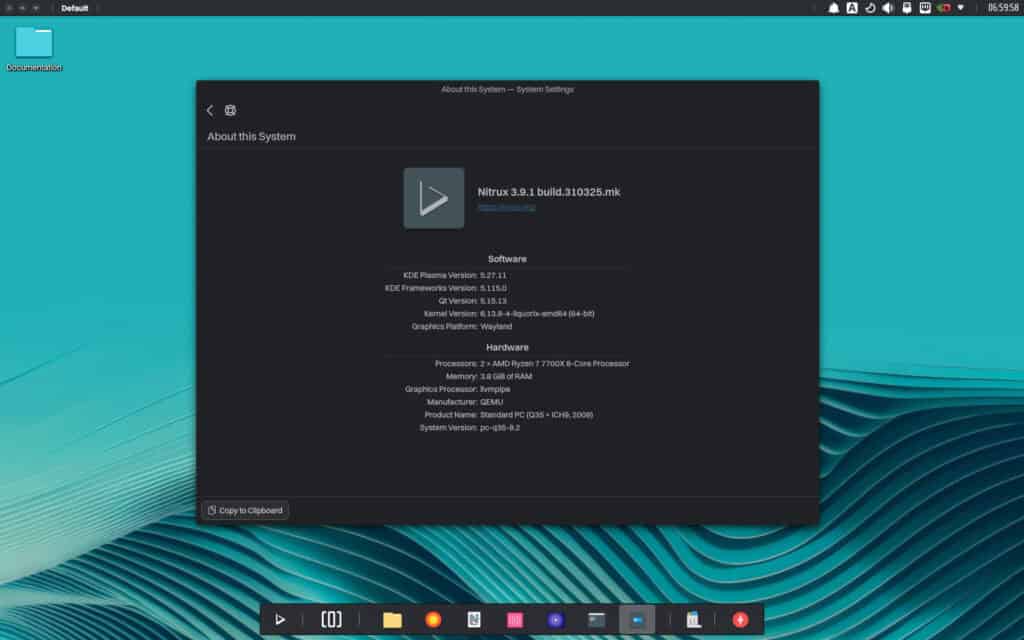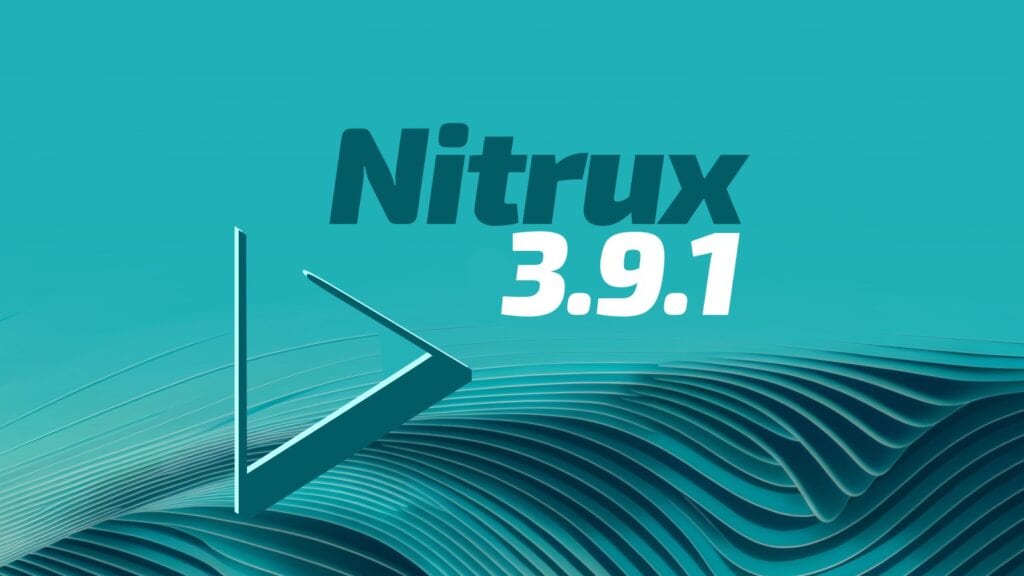Almost two months after its previous 3.9 release, Nitrux has just unveiled version 3.9.1 of its immutable Linux distribution, codenamed “mk” – references the Nitrux team’s focus on MauiKit and various Maui Apps, which receive significant enhancements in this release.
Notably, in this release, MauiKit now has additional attached properties that bring greater flexibility to user-interface elements, including toast notifications, text fields, and pop-ups. Meanwhile, MauiKit Frameworks refine file tagging, fix date-time handling in specific time zones, and introduce a FavButton for quicker file labeling.
Under the hood, Nitrux 3.9.1 ships with the Liquorix Linux kernel 6.13, along with updated firmware drivers for AMD, Qualcomm, Intel, MediaTek, Realtek, and others. Furthermore, the developers have tuned sysctl settings to reduce the risk of system freezes and optimize network traffic handling.

The accompanying software libraries are updated, with Qt 6 at version 6.7.2 and parts of KDE Frameworks 6 at 6.8.0. In addition, users will find updates to MESA 25.0.1, PipeWire 1.4.1, Docker 26.1.5, Podman 5.4, and many other core tools essential for a modern Linux desktop.
Perhaps the most exciting addition is Fiery, a web browser built with MauiKit in mind. Though it still lacks certain features—like the ability to open incognito tabs or import bookmarks—Fiery promises a fresh take on browsing, particularly for fans of convergent interfaces that blur the line between desktop and mobile environments.
It is important to note that users remain entirely free to install any other browser using AppImage, container-based options, or Flatpak services. In light of this, Firefox, which was previously offered as an AppImage, is also no longer included by default
Lastly, Nitrux 3.9.1 also includes AMD ROCm for AI and HPC workloads on AMD GPUs. Support for CUDA has been maintained for NVIDIA-based systems, but the developers note that proprietary drivers are not utilized for AMD hardware in this release.
Additional housekeeping measures include removing the NX Software Center—whose maintenance was compromised by changes in the OpenCollaborationServices API—and dropping Bonsai until its official port to Qt 6 is ready.
The release announcement has a full list of the changes, and you’ll find links to download the ISO image at the bottom. It is recommended that new users install it fresh using the latest media. Those currently using previous versions can find upgrade instructions here.
